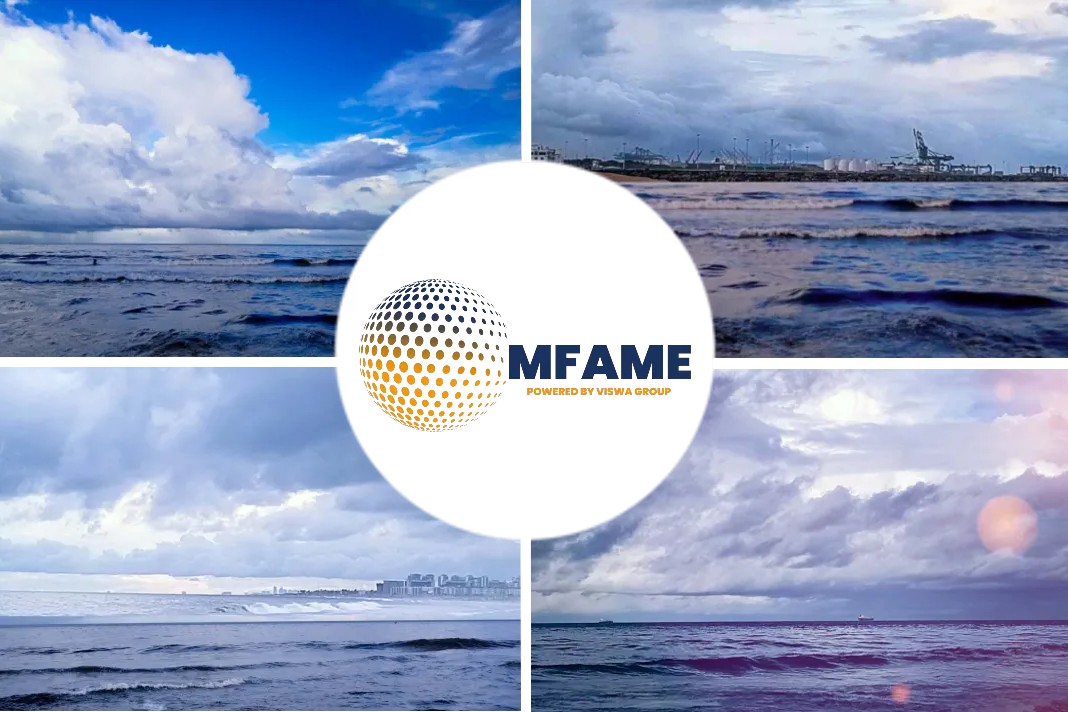- EUROPE’S worst flooding in living memory has caused unimaginable devastation in recent days.
- It has made houses flattened, roads destroyed and bridges and vehicles swept away as rivers burst their banks in Belgium and Germany.
- The body count had topped 120 at the time of writing, and may well have risen considerably by the time most people read these words.
A recent Lloyds List news source says that two cheers for EC shipping decarbonisation package.
Will Brussels’ plans provide an example?
If it gets things right, Brussels’ plans will provide an example for the rest of the world. If it gets things wrong, the price to pay has been on full display this week, as Europe’s rivers burst their banks.
European Commission president Ursula von der Leyen has no doubt that the chaos has been caused by climate change, arguing that the flooding “really shows the urgency to act”.
By pure coincidence, her words come just as the commission unveiled radical proposals to ensure our industry does just that, by making it the subject of four of the 10 elements of its Fit for 55 scheme.
What does the programme cover?
The programme covers everything from emissions and bunker taxation to new fuel requirements and the rapid roll-out of LNG fuel in EU ports.
Frankly, a European Union-only scheme is not ideal, and risks putting burdens on European owners that rivals in other parts of the world do not have to take on. That is always the flaw when regions act unilaterally.
It would have been better had the International Maritime Organization come up with a more convincing decarbonisation package than its non-binding target of merely halving greenhouse gas emissions by 2050.
However, Ms von der Leyen is right that the challenge brooks no delay; shipping — which benefited from special treatment when it was specifically exempted from the global minimum tax rate a few weeks back — does not deserve special treatment in this instance.
What the EC has devised is an ambitious, credible and potential course-altering package of measures. That said, there remains ample room for improvement.
Details of requirements that boost questionable biofuels and LNG
In particular, requirements that boost questionable biofuels and LNG — a fossil fuel that while unquestionably now part of the transitional mix, does not warrant further supports extending its lifespan — are an obviously problematic aspect.
If shipowners are taxed for emissions — as this publication believes they should be — they shouldn’t be forced to contribute to the growth of fuels and technologies that threaten the climate, especially when these policies could have negative international implications.
Predictably, the scheme’s critics have magnified these objections, without coming up with any real alternative. The hour is getting late.
The ice caps are melting, and those ‘once in a century’ storms, heatwaves and bush fires are now striking every other year or so.
Slowing down, stopping, and perhaps one day reversing the rising temperature of our planet is increasingly a battle for us all.
Nettle of shipping decarbonisation
And if, in shipping’s case, the battle starts in Europe, so be it. Two cheers, then, for the European Commission, which has at least grasped the nettle of shipping decarbonisation while other transnational bureaucracies dissemble and procrastinate.
But now the hard work begins. The politicians and technocrats that make up EU governments and the European Parliament need to get this complex effort right, and devise a lasting and durable framework for maritime decarbonisation.
If it gets things right, the EU will provide an example for the rest of the world. If it gets things wrong, the price to pay has been on full display in northwest Europe this week.
Did you subscribe to our daily newsletter?
It’s Free! Click here to Subscribe!
Source: Lloyds List
















